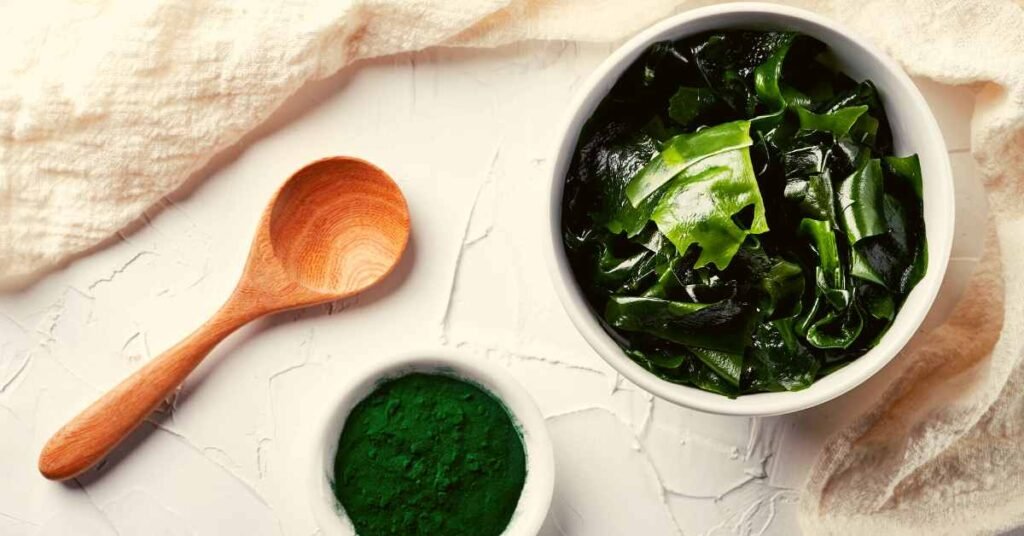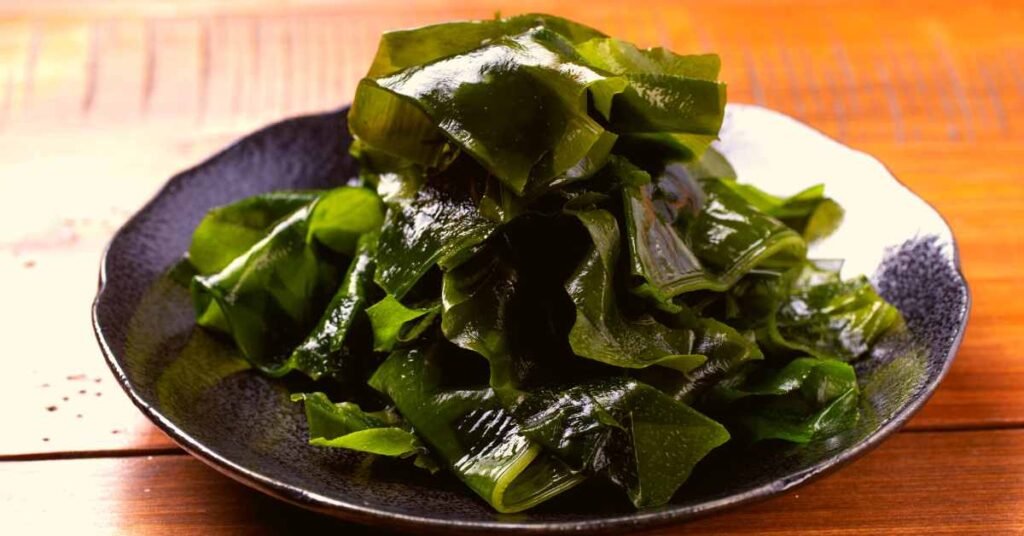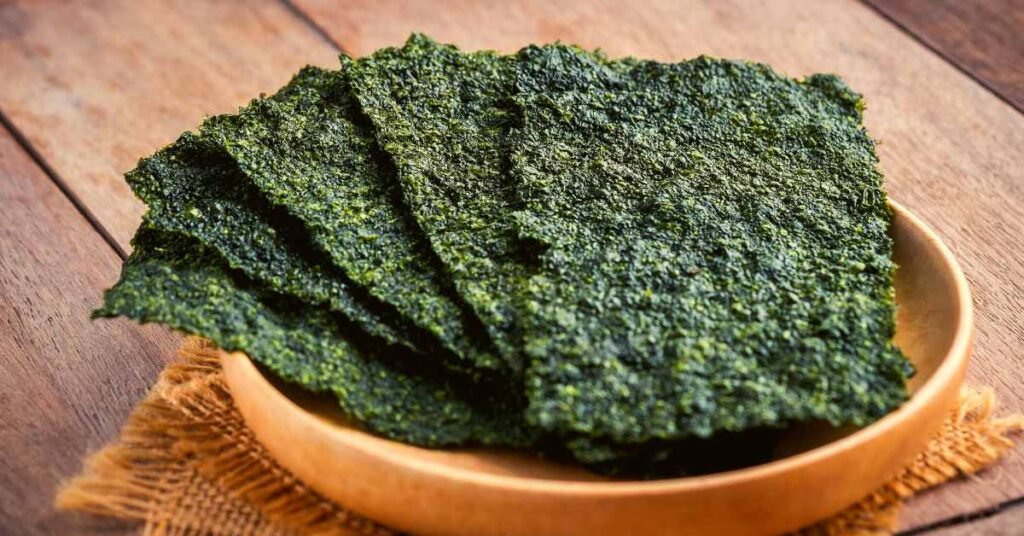Traditionally, tea is derived from the leaves of the Camellia sinensis plant.
However, as the world becomes more conscious of environmental sustainability and explores alternative sources of nutrition, a new contender has emerged – sea algae.
Algae, particularly seaweed, is known for its abundance of nutrients and versatility.
This raises an intriguing question: Can sea algae be used to make tea?
The Rich World of Sea Algae

Algae, a diverse group of aquatic organisms, includes a variety of species found in both freshwater and marine environments.
Seaweed, a type of marine algae, is commonly used in culinary applications, such as sushi wraps and salads.
With over 10,000 species of seaweed identified, some varieties boast unique flavors, textures, and nutritional profiles.
Nutritional Benefits
Seaweed is packed with essential vitamins, minerals, and antioxidants. It is a rich source of iodine, vitamin K, calcium, iron, and omega-3 fatty acids.
Additionally, seaweed contains polysaccharides, which may have potential health benefits, including anti-inflammatory and immune-boosting properties. Integrating seaweed into our diets may contribute to overall well-being.
Exploring Seaweed Tea
Several varieties of seaweed lend themselves to tea-making possibilities.
Kelp, dulse, nori, and kombu are among the types of seaweed that could be experimented with to create seaweed-infused beverages.
Kelp Tea: Kelp, known for its high iodine content, can be dried and steeped to create a savory and mineral-rich tea. Some enthusiasts claim that kelp tea may have a subtle umami flavor, making it an intriguing alternative for those seeking new taste experiences.

Dulse Infusion: Dulse, a red seaweed, has a distinctive taste that is both sweet and salty. Dulse tea could offer a unique flavor profile, and its high protein content may appeal to those looking to supplement their diet with plant-based proteins.
Nori Elixirs: Nori, commonly used in sushi, could be dried and brewed into a light, refreshing tea. With a mild flavor, nori tea might offer a delicate alternative for those who prefer subtler tastes.
Kombu Brew: Kombu, a type of kelp often used in Japanese cuisine, is rich in umami compounds. Brewing kombu into tea might yield a savory beverage with potential health benefits associated with its nutrient content.
Challenges and Considerations
While the idea of seaweed tea is intriguing, there are challenges and considerations to address.
The taste may be an acquired one, and the preparation methods may need refinement.
Additionally, sourcing sustainable seaweed and ensuring the absence of contaminants are crucial factors in making seaweed tea a viable and healthy option.
Final Word

As the world continues to explore innovative and sustainable food and beverage options, the idea of seaweed tea opens up a new frontier.
With its rich nutritional profile and potentially unique flavors, sea algae could offer a novel and eco-friendly addition to the world of tea.
While challenges remain, the prospect of enjoying a cup of tea derived from the depths of the ocean is an exciting and promising avenue worth further exploration.
MEDICAL DISCLAIMER
Itsnevernotteatime.com cannot and does not contain medical/health advice. The medical/health information is provided for general and educational purposes only and is not a substitute for professional advice.




